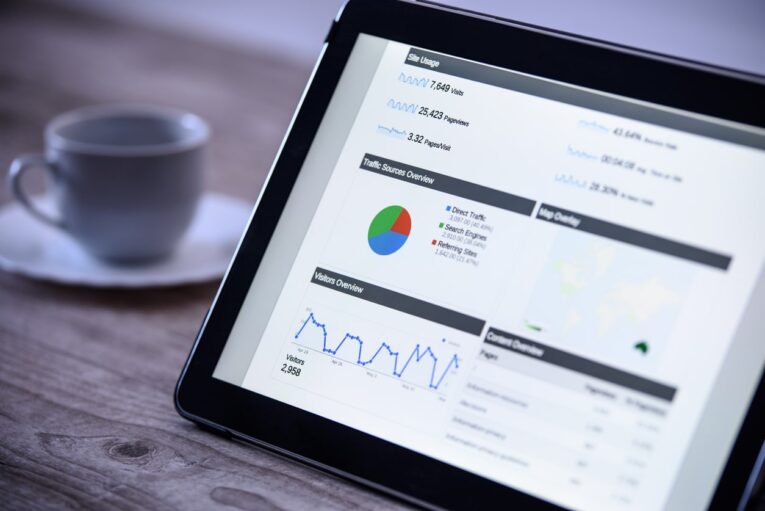What Data Does Google Collect for the Purposes of GDPR and CCPA?

The information collected by Google Analytics falls into several categories, including user-related data, technical data, and behavioral data. This can affect both your compliance for GDRP in Europe and CCPA in California.
User-Related Data:
Google Analytics collects information about users who visit a website, including details that help identify and categorize users. This includes data such as:
- User IP addresses: These are used to determine the general geographic location of users, which helps website owners understand the geographical distribution of their audience.
- User agents: These provide information about the device, operating system, and browser used by the visitor. This helps optimize the website’s performance and user experience across different platforms.
- User demographics: Google Analytics can provide insights into the age, gender, and interests of users, which assists in tailoring content and marketing strategies.
Technical Data:
Technical data collected by Google Analytics pertains to the technical aspects of user interactions and website performance. This category includes:
- Pageviews: The number of times each page on the website is viewed, helping identify popular content.
- Session information: Data on the duration of user visits, helping assess engagement and bounce rates.
- Traffic sources: Information about how users found the website, whether through search engines, social media, referrals, or direct visits.
- Device and browser information: Details about the device and browser used, aiding in optimizing the website’s compatibility and user experience.
Behavioral Data:
Google Analytics focuses on user interactions and behaviors on the website, providing insights into how visitors engage with the content:
- Clicks and interactions: Information about user clicks, including which links, buttons, and elements are interacted with the most.
- Events: Tracking of specific actions, such as video views, downloads, form submissions, and other custom interactions.
- E-commerce data: For websites with e-commerce functionality, Google Analytics can track transactions, revenue, and product performance.
Cookies and Data Collection:
Google Analytics uses cookies to collect and store information about user interactions. These cookies, which are small text files stored on the user’s device, help track user behavior across different pages and sessions. They do not personally identify individuals but provide aggregated data. Google Analytics uses two main types of cookies:
- First-party cookies: These are set by the website domain being visited and are primarily used to track user interactions and collect data.
- Third-party cookies: These are set by domains other than the one being visited and are used for cross-site tracking and advertising purposes.
About Us
Did you know more than 200 clients have worked with PaperStreet for more than 10 years?
Get a Free Website
Analysis and Consultation
Marketing Services




